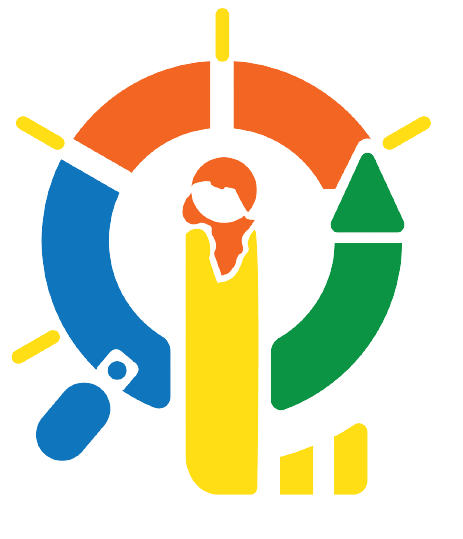Cooperative Irrigation Water Schemes: Smart systems for Enhancing Transparency, Reliability, and Accountability
Introduction
Tetu constituency, Nyeri County, Central Kenya, faces below listed challenges/conflicts between farmers on water usage for irrigation and domestic consumption.
Description of the Challenge
Water scarcity is a pressing global challenge, exacerbated by factors such as population growth, urbanization, and climate change. At a global level, regions across the world are grappling with dwindling water resources, with many facing acute shortages and escalating competition for this vital resource. Nationally, countries are confronting the reality of water scarcity, with governments implementing measures to manage water resources sustainably and ensure equitable access for their populations. Locally, communities are experiencing the immediate impacts of water scarcity, with dwindling supplies posing significant challenges for agriculture, industry, and daily life. For farming purposes, water scarcity is particularly dire, as agriculture accounts for a significant portion of water usage globally. Farmers are increasingly facing constraints in accessing sufficient water for irrigation, leading to reduced crop yields, compromised livelihoods, and heightened vulnerability to food insecurity. As water scarcity intensifies, addressing this critical issue becomes paramount, necessitating concerted efforts at all levels to promote water conservation, efficient use, and equitable distribution to sustainably support agricultural production and ensure food security for present and future generations.
In Tetu Constituency, several challenges concerning water distribution and use in the area have been identified. Firstly, there is a lack of monitoring systems to oversee water pressure levels, piped water flow rates, and reservoir water storage capacity. This absence results in suboptimal water utilization and unfair distribution among individual farmers and sectors or villages, leading to conflicts between farmers and within different communities. Additionally, the lack of a robust and responsive water distribution system contributes to poor user experiences, disillusionment among farmers, and reduced farm production due to inadequate water supply. Decision-making processes are hampered by insufficient data on water usage across villages, limiting the project management's ability to make informed choices. Communication challenges further exacerbate the situation, as the reliance on sporadic meetings between management and farmers impedes real-time exchange of information on critical issues such as pipe leaks, water shortages, or equipment malfunctions. Consequently, confrontations between water users and management arise due to the lack of effective communication channels. Moreover, the technical operations of the irrigation scheme heavily rely on manual interventions, resulting in inefficiencies and limitations in addressing users' needs promptly, exacerbated by budgetary constraints leading to insufficient personnel for scheme operations. These challenges underscore the urgent need for improved monitoring, communication, and technical capabilities to enhance water management and ensure equitable distribution in Tetu Constituency.
We are currently seeking technology oriented solutions to address the above water challenge in an effort to ensure continued farming by all interested farmers from Tetu Constituency uninterrupted while also cutting on cost of managing the water.
All legal entities individual entrepreneurs and innovators, firms, institutions and public entities in Africa.
- A cover letter of your entity
- An ethical compliance letter
One must be registered as a problem solver.
Eligibility criteria for a problem solver.
- One must be registered as a problem solver.
- One can be a startup company or a research institute.





